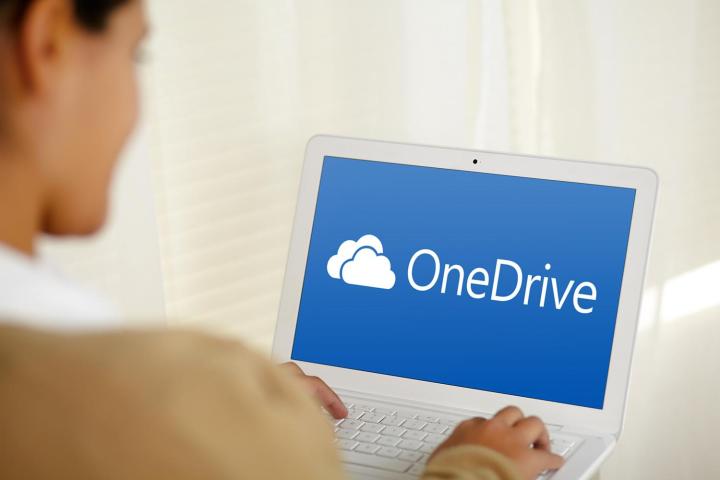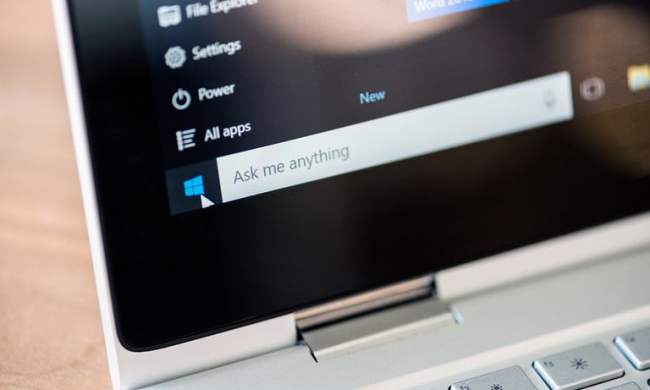
This isn’t a surprise: Microsoft has been sending out emails about the change all year, and even gave users the option to keep their extra storage back in January. If you did that, there’s nothing to worry about. Everyone else, however, will see their storage drop to 5GB.
Microsoft has fidgeted with the amount of free storage offered by OneDrive for years now. At launch, OneDrive offered 7GB of free storage with an additional 3GB for students. Later Microsoft increase their free offering to 15GB, which not (probably not coincidentally) is the exact amount of free storage Google Drive offers.
And now they’re rolling the free offering down to 5GB. It’s more than Dropbox’s free 2GB, sure, but far less than Google’s 15GB. Microsoft is no longer competing with Google on free storage space.
This might be, at least in part, because Microsoft has an advantage for growing their platform that Google and Dropbox can only dream of — owning the Windows platform. OneDrive is included by default on fresh Windows installations, and a stream of pop ups ensure that new users see it and possibly use it. Office saves all new files to OneDrive by default, and OneDrive constantly offers users to upload photos and screenshots to the cloud.
All of this synergy gives Microsoft plenty of built-in ways to turn Windows users into paid OneDrive users, meaning they don’t necessarily need to offer a bunch of free storage in order to attract new users.
But if you’ve been using OneDrive for a while now, it’s understandable if this decision leaves you disappointed. To which we respond — Google Drive gives you 15GB of free storage when you sign up.


